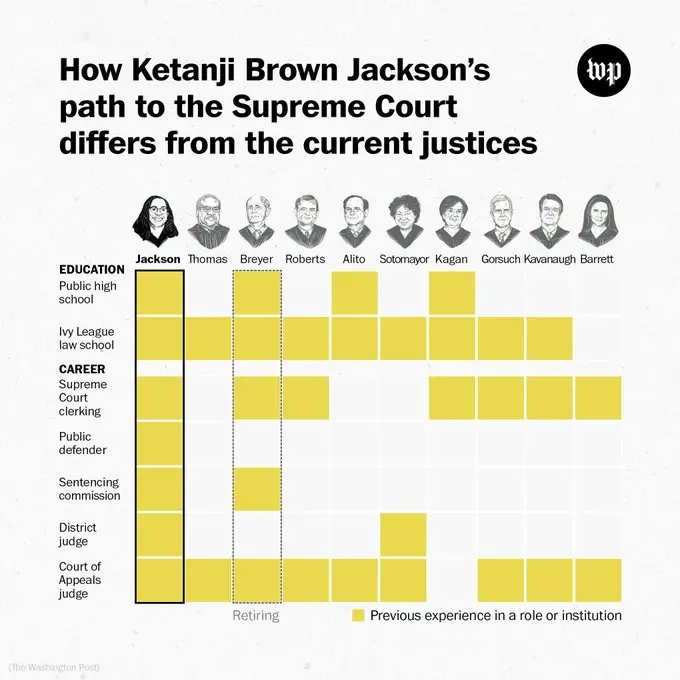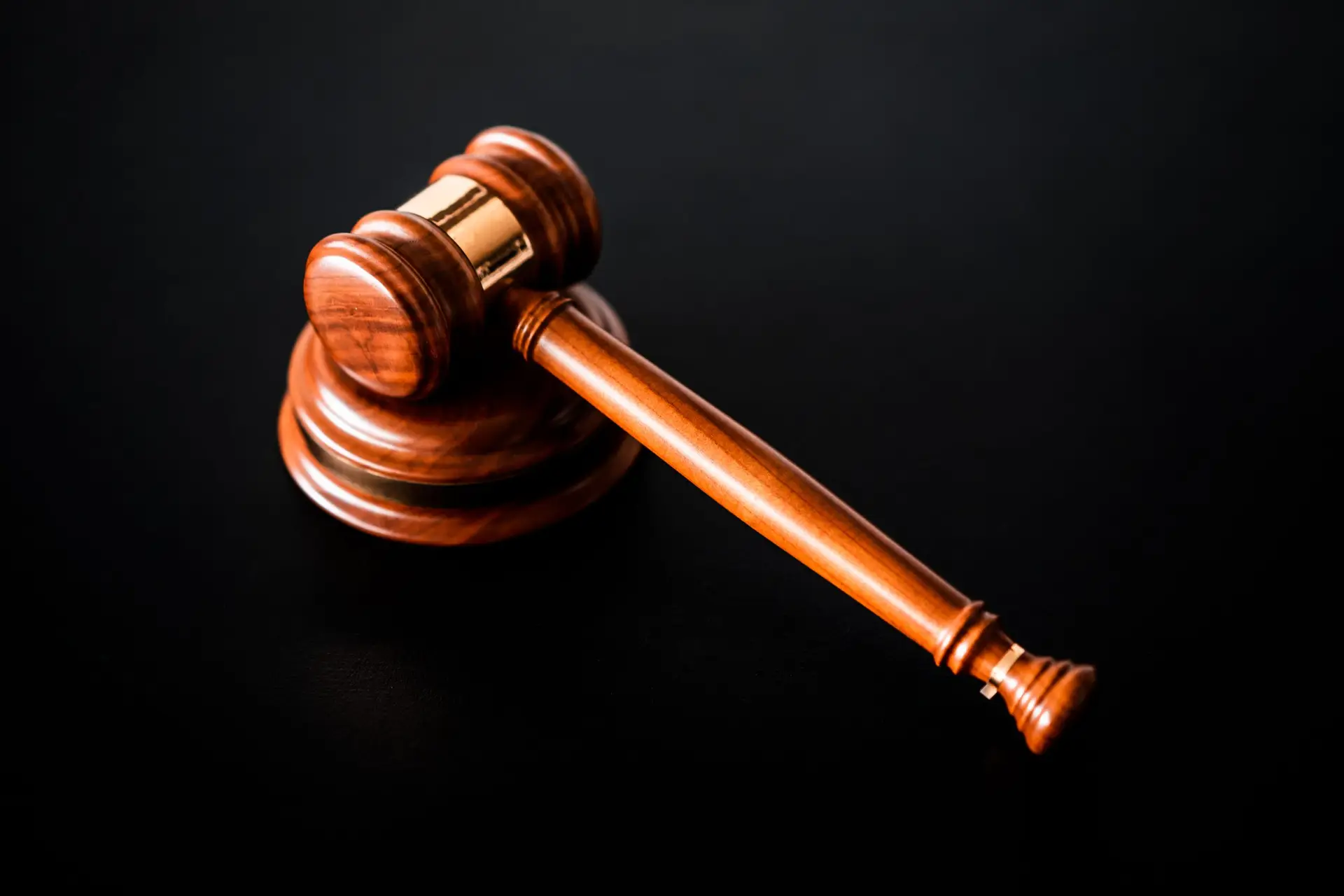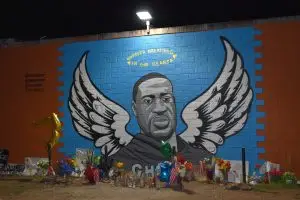The recent attacks on Dr. Claudine Gay renewed unfounded attacks against Judge Ketanji Brown Jackson.
Within days of President Joe Biden’s nomination of Judge Ketanji Brown Jackson to the Supreme Court, the ensuing discussions on social media have shed light on not only a resistance to diversity but also a pervasive systemic bias that disproportionately scrutinizes the credentials of Black professionals. The controversy surrounding Dr. Claudine Gay’s resignation as President of Harvard laid the groundwork for a recurring narrative questioning whether Judge Ketanji’s appointment was based on merit or if it was merely a diversity-driven decision. These doubts, however, are not just unfounded but also emblematic of a disturbing trend where Black professionals, particularly women, are held to higher standards compared to their white counterparts.
Tucker Carlson, a prominent figure in this controversy, is no stranger to making controversial and racially charged comments for ratings. His questioning of Judge Ketanji’s LSAT scores, without a similar level of scrutiny for previous Supreme Court nominees, underscores a deeper issue. The insinuation that Black individuals need to surpass a higher threshold of qualifications is not only insulting but also reveals a systemic bias that pervades various facets of our society.
This isn’t an isolated incident but rather a symptom of a systemic problem that permeates various aspects of our society. The double standards faced by Black professionals, akin to the phenomenon of “Driving While Black,” demands our attention and introspection. The narrative surrounding Judge Ketanji’s nomination reflects the broader reality that Black individuals often find themselves under relentless scrutiny, regardless of their accomplishments.

The term “diversity hire” becomes a weapon that not only insults the person’s dignity but also dismisses their accomplishments and potential contributions.
Tucker Carlson’s behaviour is just one example of a pattern where Black professionals are subjected to unwarranted scrutiny, witch hunts, and efforts to discredit their achievements. Dr. Claudine Gay’s resignation amid harassment and bullying further highlights the challenges faced by Black individuals in high-profile positions. This systemic bias is not new; former President Donald Trump’s attempt to question President Obama’s education and the infamous Birther movement demonstrates a historical pattern of undermining Black leaders.
The term “diversity hire” becomes a weapon that not only insults the person’s dignity but also dismisses their accomplishments and potential contributions. Judge Ketanji’s extensive resume, as reported by the Washington Post, outshines her colleagues on various criteria. From attending public high school to serving as a Supreme Court Clerk and a District Court Judge, her qualifications speak for themselves.
Let’s delve deeper into a comparison of resumes among Supreme Court Justices. Judge Ketanji’s journey to the top has been marked by dedication and expertise, significantly different from her colleagues. Her courtroom litigation experience, combined with years of service and qualifications, positions her as an exemplary candidate for the Supreme Court.
When considering the number of years as a practicing attorney, Judge Ketanji’s eight years stand out against Amy Coney Barrett’s two years and Clarence Thomas’s zero years. Similarly, her eight years as a District Court Judge far surpasses Barrett’s zero years and Thomas’s zero years. Even when looking at the years as a Court of Appeals Judge, Judge Ketanji’s one year compares favourably to Barrett’s three years and Thomas’s less than one year. This stark contrast in experience highlights the disingenuous nature of reducing Judge Ketanji to being a mere diversity hire. Her accomplishments and qualifications speak volumes.
Judge Sonia Sotomayor, who is of Puerto Rican descent, deserves an honourable mention in this comparison. She had worked five years as a district attorney, seven years in private practice, six years as a U.S. District Judge, and seven years as a Court of Appeals Judge before President Barack Obama nominated her to the Supreme Court.
It’s essential to mention that Clarence Thomas, a Black Conservative, was never an active lawyer in a court of law. However, he was appointed as an appeals court judge for less than a year before being nominated to the Supreme Court. Yet, Thomas never faced the same criticisms from those who attacked Judge Ketanji.
As a society, we must confront the biases that fuel such controversies. Instead of perpetuating unfounded doubts, we should celebrate the accomplishments of individuals from diverse backgrounds. Judge Ketanji Brown Jackson’s nomination should prompt a broader dialogue on dismantling systemic biases, fostering inclusivity, and recognizing the invaluable contributions that individuals like her bring to positions of power. It’s time to challenge the status quo and ask ourselves: Are we truly committed to a fair and equitable society?





